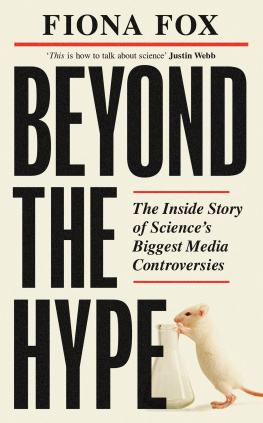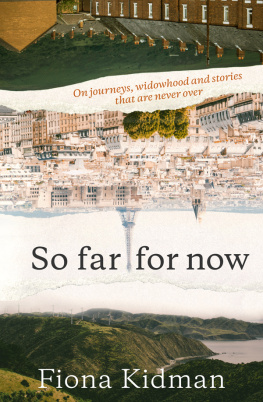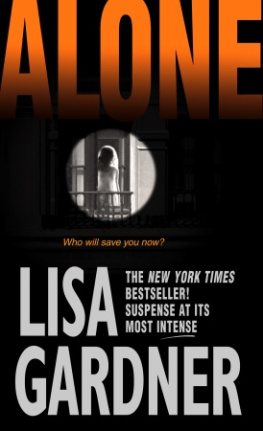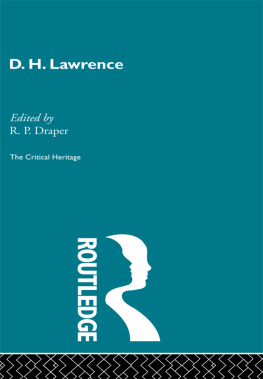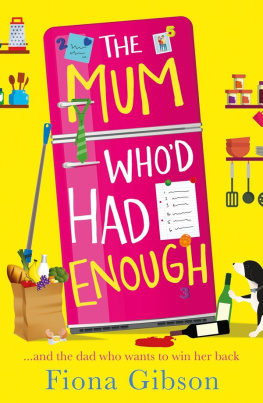Being Critically Reflective
Practice Theory in Context series
Series Editor: Jan Fook
Change is rife in welfare organisations but expectations for sound and effective practice continue to rise. More than ever, professionals need to be able to remake ideas and principles for relevance in a range of different circumstances as well as transfer learning from one context to the next.
This new series focuses on approaches to practice that are common and prevalent in health and social care settings. Each book succinctly explains the theoretical principles of its approach and shows exactly how these ideas can be applied skilfully in the pressurised world of day-to-day practice.
Pitched at a level suitable for students on introductory courses, the books are holistic in ethos, also considering organisational and policy contexts, working with colleagues, ethics and values, self-care and professional development. As such, these texts are ideal too as theory refreshers for early and later career practitioners.
Published
Laura Beres
The Narrative Practitioner
Fiona Gardner
Being Critically Reflective

Fiona Gardner 2014
All rights reserved. No reproduction, copy or transmission of this publication may be made without written permission.
No portion of this publication may be reproduced, copied or transmitted save with written permission or in accordance with the provisions of the Copyright, Designs and Patents Act 1988, or under the terms of any licence permitting limited copying issued by the Copyright Licensing Agency, Saffron House, 6-10 Kirby Street, London EC1N 8TS.
Any person who does any unauthorized act in relation to this publication may be liable to criminal prosecution and civil claims for damages.
The author has asserted her right to be identified as the author of this work in accordance with the Copyright, Designs and Patents Act 1988.
First published 2014 by
PALGRAVE MACMILLAN
Palgrave Macmillan in the UK is an imprint of Macmillan Publishers Limited, registered in England, company number 785998, of Houndmills, Basingstoke, Hampshire RG21 6XS.
Palgrave Macmillan in the US is a division of St Martins Press LLC, 175 Fifth Avenue, New York, NY 10010.
Palgrave Macmillan is the global academic imprint of the above companies and has companies and representatives throughout the world.
Palgrave and Macmillan are registered trademarks in the United States, the United Kingdom, Europe and other countries
ISBN: 9781137276674
This book is printed on paper suitable for recycling and made from fully managed and sustained forest sources. Logging, pulping and manufacturing processes are expected to conform to the environmental regulations of the country of origin.
A catalogue record for this book is available from the British Library.
A catalog record for this book is available from the Library of Congress.
Typeset by Cambrian Typesetters, Camberley, Surrey
Printed in China
Contents
Part I
Introducing Critical Reflection Theory and Processes
Part II
Critical Reflections in Organizations
Part III
Critical Reflection and the Broader Professional Context
List of Figures
Acknowledgements
With thanks to all those who have been part of the journey of being critically reflective and particularly to Drew.
Introduction
Those who work in health, education and social care are faced with increasing challenges in the complexity of their practice and the context in which they operate. Critical reflection provides a theoretical approach to help understand these challenges as well as a process for engaging constructively with the dilemmas and issues that inevitably arise in professional practice. Essentially, critical reflection encourages practitioners to identify the underlying assumptions and values that influence their practice and to consider how they can act in line with their preferred assumptions and values. Being able to name these most deeply held values reminds practitioners of the underlying or fundamental reasons for their participation in this kind of practice. This, in itself, can be restoring and energizing as well as challenging and sometimes even painful. The sense of working from fundamental values reinforces the integrity inherent for practitioners in their practice or what they might name as the meaningful or spiritual dimension. Practitioners have affirmed that a critically reflective approach frequently grounded and centred them, taking them to a place where they were reminded of their sense of altruism and hope about their work. While this did not necessarily resolve the dilemmas of practice, it frequently enabled practitioners to engage more actively with them, seeing new perspectives and possibilities for change either for themselves or in their practice. Where change was not possible externally, practitioners suggest they generally became more able to manage living with the uncertainties and complexities of practice. This was both enabling and restoring, and paradoxically encouraged them to take greater care of themselves, partly so that they could be more effective practitioners.
The need for such a critically reflective approach is imperative in an environment of rapid social and economic change where organizations and practitioners are experiencing greater demands in a context of fewer resources; what Baker (2013, p. 126) in the United Kingdom refers to as the current stringent and streamlined climate. Uncertainty and the rate of change are increasing and these contribute to higher levels of conflict and ethical challenges both in organizations and in society generally. The domination of practice by procedures and bureaucracy combined with greater service user complexity increases anxiety for practitioners (Ruch, 2005, p. 112). Given that practice usually happens within an organizational context and always within a societal context, a critically reflective approach enables practitioners to stand back from the immediate to consider the implications of the broader context and the connections to the underlying values of practice (Oliver and Keeping, 2010).
Funding pressures can also add weight to expectations of increased interprofessional practice both within and between organizations. Such practice focuses on what tasks can be shared across professional disciplines to encourage collaborative practices. From a service-user perspective this can have advantages of more accessible and better coordinated service delivery. However, interprofessional practice can be confronting for practitioners who value their distinct professional identity and who struggle with differences in philosophy and language from other professions. The focus on efficiencies can also mean pressure to reduce practice to common competencies or measurable work tasks without the more nuanced intuitive judgements and processes of a holistic approach to professional practice (Sturgeon, 2010).
Paradoxically, increased financial stringency means practitioners often feel less able to access critical reflection at a time when they need it more. Practitioners exhausted by increasing workloads and pressures of accountability for time and resources, find it almost impossible to see how they can create time for reflection. Reflective processes where the focus is on learning from what hasnt gone well can also feel dangerous in periods of redundancies and cuts. Organizations that have previously supported and possibly funded formal critical reflection processes may no longer see these as a priority. This book explores how practitioners can creatively generate their own structures or processes to support being critically reflective when their organizational context does not allow for or encourage this. Using critical reflection processes can enable practitioners to see the influence of the context more clearly rather than taking responsibility for what is beyond their capacity to change individually. Starting from a particular experience, practitioners can put into perspective what is happening in the broader context and its influence on them as well as identifying how their reaction to it is influenced by their own particular history and sense of self. From my own experience, I know that to share an issue in critical reflection can save time and energy, clarifying the influence of context, my reactions and my perspectives relatively quickly. Seeing the issue more clearly means I can then decide whether to do something differently, or whether I simply need to let it go. Either way, it has less power for sapping my energy.





